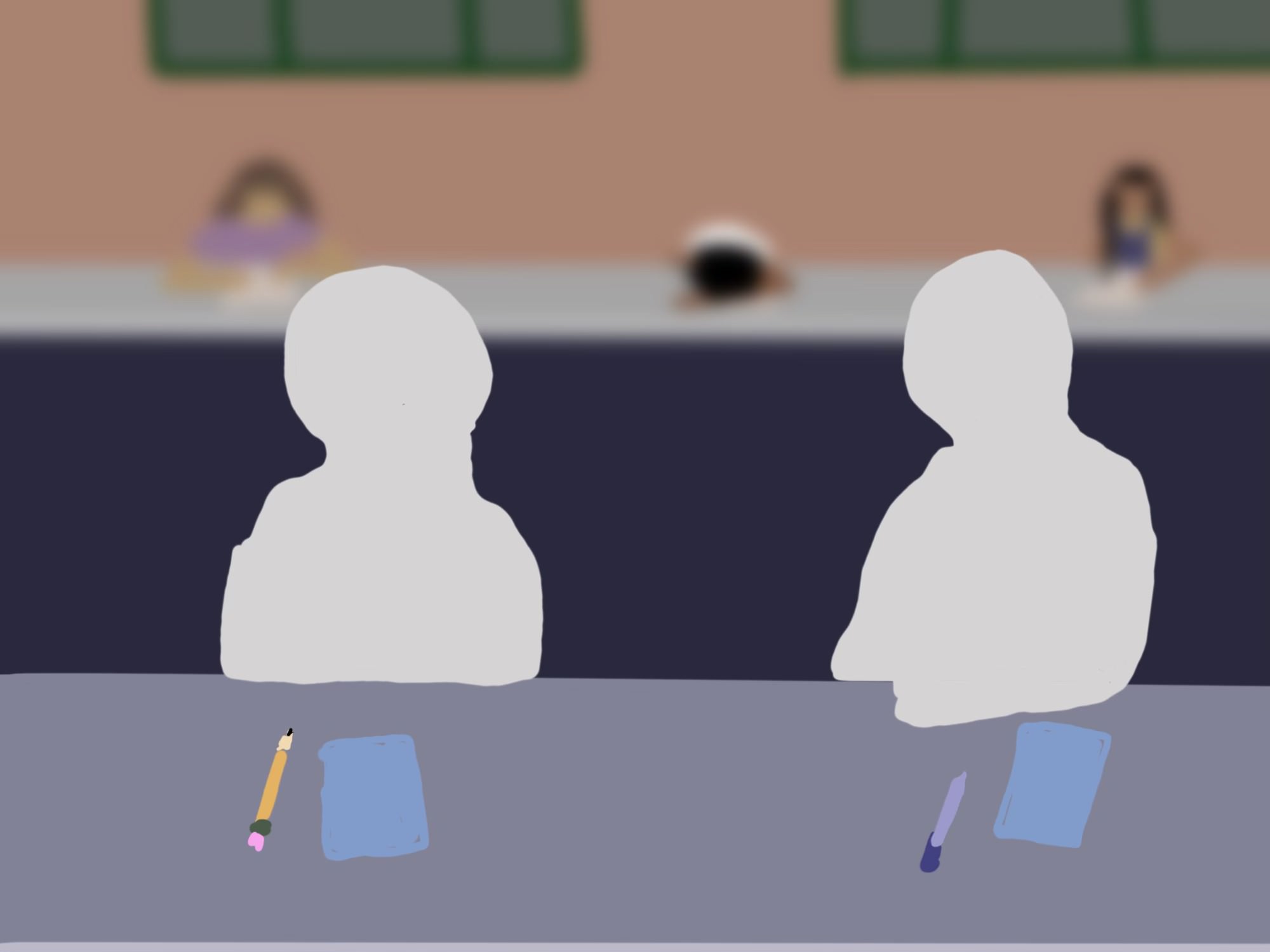Situations often bond people together, whether it be coworkers who take their lunch breaks together or two students who sit next to each other in class and chat about their weekends.
Within the tiers of friendship are situational friendships — casual friendships that are usually confined to both parties’ shared environments like school or work.

However, college is an expansive time in our young lives, one that allows us to explore the boundaries of these lower-level relationships and transform some of them into long-lasting friendships. From studying abroad to sitting in crowded lecture halls, college is a series of situations which challenge us to reach out and connect with others.
In my own efforts to forge bonds, I joined campus groups, reached out to new people to live with and became more vocal within classes. Joining campus organizations has led me to incredible relationships with people who I hope will be with me beyond the confines of Commonwealth Avenue. While other methods have not yielded the same levels of success, my quiet nature doesn’t always lend itself to making dozens of friends when I walk into a classroom.
It does not matter much what you do to actively make friends because people often gravitate toward each other naturally. So being outgoing is not necessarily going to create lasting friendships, but the more rooms you step into — may they be classrooms, labs, the gym or a dining hall — the more faces you interact with.
It is that constant cycle of going into a new place where you may not know anyone that makes college a unique environment compared to going into the same office five times a week.
The friends we make in college see us develop and go through many different phases of life: turning 21 and taking a new step towards adulthood, juggling personal and professional responsibilities and the personal trials and tribulations that university puts us through. It’s no wonder these relationships are not subject to the same confines of other situational friendships.
College, work, school and life often happen in the same place, so people are able to understand each other in many different contexts. Friends are study partners, stylists, coworkers and various other positions that may arise in the duration of a friendship.
I can remember a dark period of my time at BU where I was thankful for my college friendships. I could not have felt more helpless and alone, and after a day spent avoiding classes and crying on the floor, my friend and roommate knocked at my door to check on me. After noticing how visibly distraught I was, she started talking to me about her troubles and what she did to keep herself afloat.
This friend of mine did not seem like an overly emotional person, but in her own way, she greatly helped pull me out of an abyss of my own creation. I’m not sure if she will ever know how important that moment was for me to have someone just be there and understand what I was feeling — without me having to say much.
There will always be those friends who you chat with at the beginning of classes and grab lunch with occasionally. It’s fine that not all friends we meet in college will develop into bonds that last beyond these four years.
Casual friendships are just as, if not more important than, close platonic relationships. These low-commitment interactions help the days go by, and add color and joy to our everyday lives. It is unnecessary to shoehorn every team project partner into the person who makes a toast at your wedding.
The truth is that the friends we make in college are special because college is not like any other academic, professional or social setting most will ever encounter again. So it is important to realize the importance of these friendships, and take advantage of this unique position they hold in one’s past history — and ideally future — of friends.




